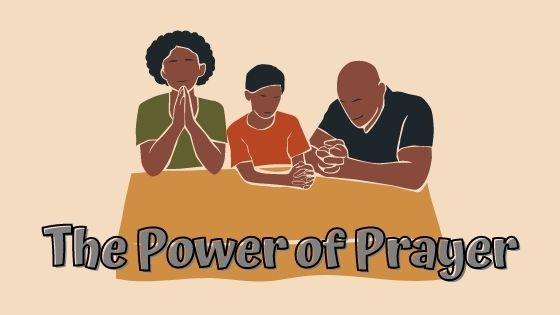Living Out Your Heavenly Citizenship
Many people all around the world want to get to America and eventually become citizens. Why not? I’ve heard many Americans say that the United States is the greatest country on planet earth. And that the poorest people in the United States are the richest people in third-world countries! So, I get it. People, especially … Read more










